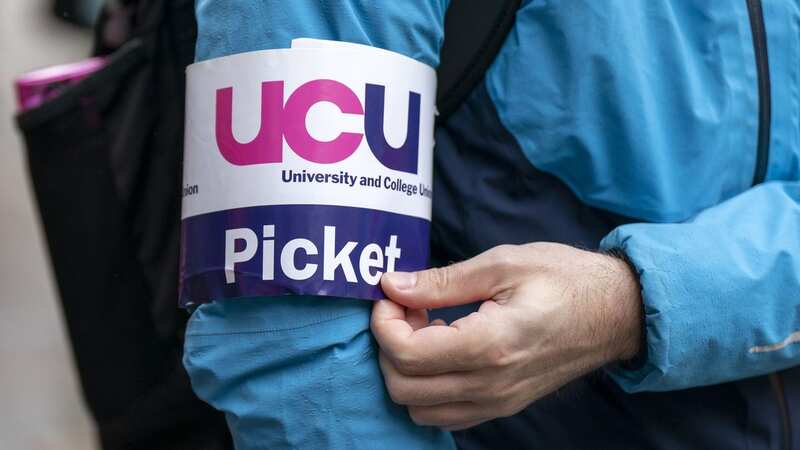'Gig-economy' contracts for two in three research staff at top universities

Leading UK universities are using "gig-economy" employment styles for their research staff, warns a union.
The University and College Union (UCU) has reported that two thirds of UK university researchers are on fixed-term contracts. This number remains largely unchanged in the past decade. According to data, some top universities in the Russell Group have an even higher rate of this employment practice.
The UCU's review of 2021/22 Higher Education Statistics Agency (HESA) staff data revealed that Oxford University had 88% of its research-only staff on temporary contracts. Other Russell Group universities such as King's College London (96%), the London School of Economics (96%) and the University of Manchester (80%) followed suit.
Jo Grady, UCU general secretary, expresses the report highlights the "widespread use of gig-economy style short-term contracts" in university research departments. The UCU warned these insecure jobs could affect staff mental health and hinder long-term decision making.
The report said that "endemic casualisation" can hurt the way research is done, messing with the work, honesty, and freedom of research. The UCU asked 103 UK universities with at least 20 research-only staff or where researchers are at least 5% of the academic team about how they treat these workers.
 Nursery apologises after child with Down's syndrome ‘treated less favourably’
Nursery apologises after child with Down's syndrome ‘treated less favourably’
They wanted to know if researchers get new jobs when their contract ends and if they get extra money if they're let go at the end of their fixed-term contract. Using the answers and data on how research staff are employed, the UCU made a score out of 100 for how much universities support researchers against insecure jobs.
In their list, only eight universities got more than 50 points, but 39 got less than 30. Dr Grady commented: "This report shines a light on an area that universities would rather keep shrouded in darkness.
"Namely the widespread use of gig-economy style short-term contracts for the staff who prop up university research departments. The poor scores across the board on areas like fixed-term contracts, proper redeployment processes and decent redundancy provision speaks of a sector that urgently needs to update its attitudes to employment practices."
The top universities are not always the best for job security, with five of the 24 Russell Group unis being among the worst for this. At Oxford, a shocking 88% of research staff are on short-term contracts. She said: "Universities need to work with UCU towards a more sustainable model for the employment of research staff.
"They need to commit to reducing the use of fixed term contracts and move their research staff to genuinely secure contracts. And they need to put systems in place that support continuity of employment and minimise the risk of redundancy at the end of funded research projects."
Raj Jethwa, boss of the Universities and Colleges Employers Association (UCEA), commented: "HESA's staff record is always a valuable resource for monitoring developments in the sector workforce. It provides coverage of academic staff across all providers and thus provides definitive information about the sector as a whole."
"The latest data regarding contract types shows that, across the sector as a whole, 70% of academic staff are on permanent contracts, up from 67% in 2021-22. HE institutions use small numbers of flexible contracts for research staff which are usually linked to external funding awards. The employment arrangements within autonomous universities are for institutional-level discussions."
A spokesperson for the London School of Economics (LSE) commented: "We are working closely with the union on their proposals to reduce any unnecessary use of fixed term and hourly paid roles, and to improve the experience of staff who are in such roles. We do not, however, agree with the picture this report paints, which covers significantly varied roles across research and teaching."
Meanwhile, a spokesperson for the University of Oxford said: "We are aware of staff concerns about the use of fixed-term contracts in some areas, particularly those supported by short-term sources of external funding Our current university-wide pay and conditions review is exploring these arrangements and considering approaches that might be taken to reduce the percentage of staff on fixed-term contracts."
* An AI tool was used to add an extra layer to the editing process for this story. You can report any errors to webhomepage@mirror.co.uk
 Striking teacher forced to take a second job to pay bills ahead of mass walkout
Striking teacher forced to take a second job to pay bills ahead of mass walkout
Read more similar news:
Comments:
comments powered by Disqus































